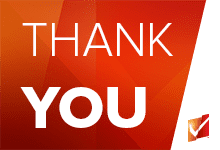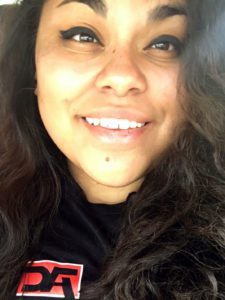August Education Advocate, our monthly enews
Greetings

I would like to introduce myself – I’m Arik Korman, Communications Director at the League of Education Voters. I’ve been on staff since November 2015, and served on the Board for two years prior. I have a son who is going into third grade in public school, and I believe that education, when done right, is the great equalizer in society. I’ll be sending you the monthly Education Advocate e-news, and am happy to kick things off by sharing our 2017 Legislative Session Scorecard. The 2017 legislative session resulted in plenty of good progress for Washington’s students, but much work remains to be done. Check out our Legislative Scorecard to see how we did on our legislative priorities.
Also, we’d like to thank our generous donors from the second quarter of 2017. We couldn’t do our work without you, so if you haven’t supported us lately, you can still make a gift today.
Read below for more about our work.
Thanks again for all you do for Washington’s kids. We’re all in this together.
![]()

 We are excited about the progress we are seeing for Washington students in 2017. Thank you to all of our donors – we couldn’t do this work without you!
We are excited about the progress we are seeing for Washington students in 2017. Thank you to all of our donors – we couldn’t do this work without you!
 By Lisabeth Jiménez
By Lisabeth Jiménez


